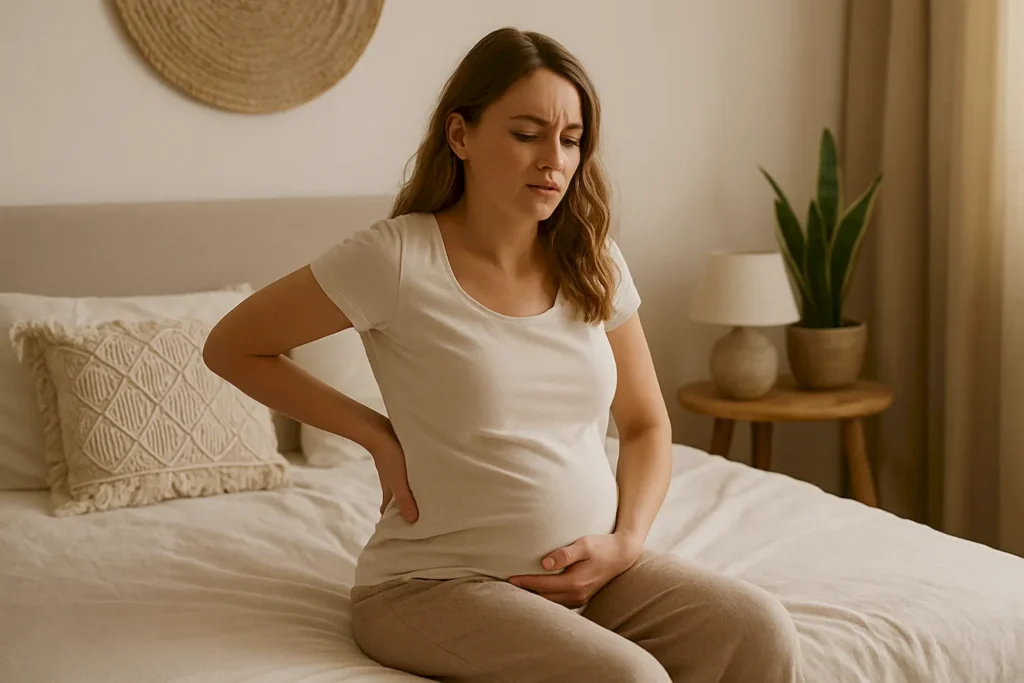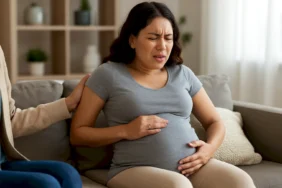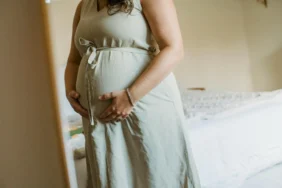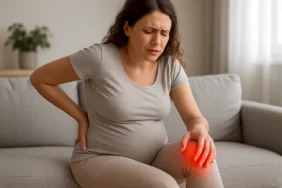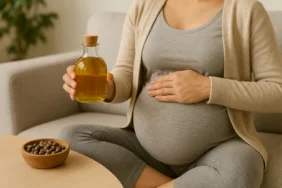Hip pain after pregnancy is a common issue affecting many new mothers due to various physical changes and strains during pregnancy and childbirth. Understanding why you have hip pain after pregnancy involves recognizing the impact of hormonal changes, weight fluctuations, and postural adjustments. Common symptoms include discomfort in the hip joint and surrounding muscles, which can be exacerbated by certain risk factors like pre-existing conditions and physical activity levels.
Effective treatment options encompass physical therapy, chiropractic care, and targeted exercises aimed at strengthening the hip area. To prevent hip pain after pregnancy, maintaining a healthy weight, practicing good posture, and incorporating gentle stretching into daily routines are beneficial. Key takeaways emphasize the importance of self-care and seeking professional advice to manage and alleviate hip pain after pregnancy for a smoother postpartum recovery.
Understanding Why You Have Hip Pain After Pregnancy
Experiencing hip pain after pregnancy is a common issue faced by many mothers. The body undergoes significant changes during pregnancy, leading to potential pain and discomfort in various areas, including the hips. Hormonal changes, particularly the increase in relaxin, cause the ligaments to loosen to prepare for childbirth. This alteration in body mechanics, coupled with the strain of carrying extra weight, can contribute to persistent hip pain in the postpartum period.
Key Causes of Hip Pain
- Hormonal changes affecting ligament flexibility
- Weight gain during pregnancy increasing joint stress
- Postural changes leading to muscle imbalances
- Previous injuries exacerbated by pregnancy-related changes
- Weakness in core or pelvic floor muscles
- Changes in walking patterns due to physical discomfort
Additionally, the physical demands of caring for a newborn—bending, lifting, and holding—can further aggravate the hips. It is essential for new mothers to recognize that while hip pain is common after childbirth, seeking appropriate care is vital for recovery. Understanding the underlying causes of hip pain after pregnancy can help in finding effective treatment options and managing symptoms effectively.
Common Symptoms And Risk Factors Of Postpartum Hip Pain
Experiencing hip pain after pregnancy is a common issue among new mothers, affecting their overall quality of life. Understanding the symptoms of postpartum hip pain can help in addressing them effectively. Many women report discomfort that can arise from various factors related to pregnancy, childbirth, and recovery. Recognizing these symptoms early on can lead to timely intervention and treatment, reducing the impact on daily activities.
Symptoms To Watch For
- Pain in the hip joint, especially during movement.
- Dull aching sensation in the surrounding areas, including the lower back.
- Increased discomfort when standing or sitting for extended periods.
- Limited range of motion, which may affect mobility.
- Swelling or tenderness around the hip area.
- Stiffness that typically worsens in the morning or after inactivity.
Additionally, the psychological impact of dealing with hip pain after pregnancy should not be underestimated. The discomfort and physical limitations caused by this pain can lead to feelings of frustration and helplessness. New mothers may find themselves grappling with changes in their body and the challenges of motherhood, which can exacerbate stress levels. Addressing not just the physical symptoms but also the emotional struggles is vital for a holistic approach to recovery.
Physical Symptoms
It’s important to monitor any symptoms of postpartum hip pain closely, as they can vary significantly among individuals. Women may describe the intensity of their pain differently, from mild discomfort to sharp or debilitating sensations. Being aware of these differences can help in communicating effectively with healthcare providers about the condition. Early diagnosis and appropriate treatment can alleviate the impact of these physical symptoms on overall well-being and daily functioning.
Psychological Impact
Moreover, the psychological aspect of living with postpartum hip pain can compound the physical challenge. Many new mothers face emotional hurdles during the postpartum period, and the added strain of constant discomfort can lead to feelings of isolation and depression. It’s crucial for postpartum recovery to encompass both physical and mental health by seeking support systems and resources that address the comprehensive needs during this transition.
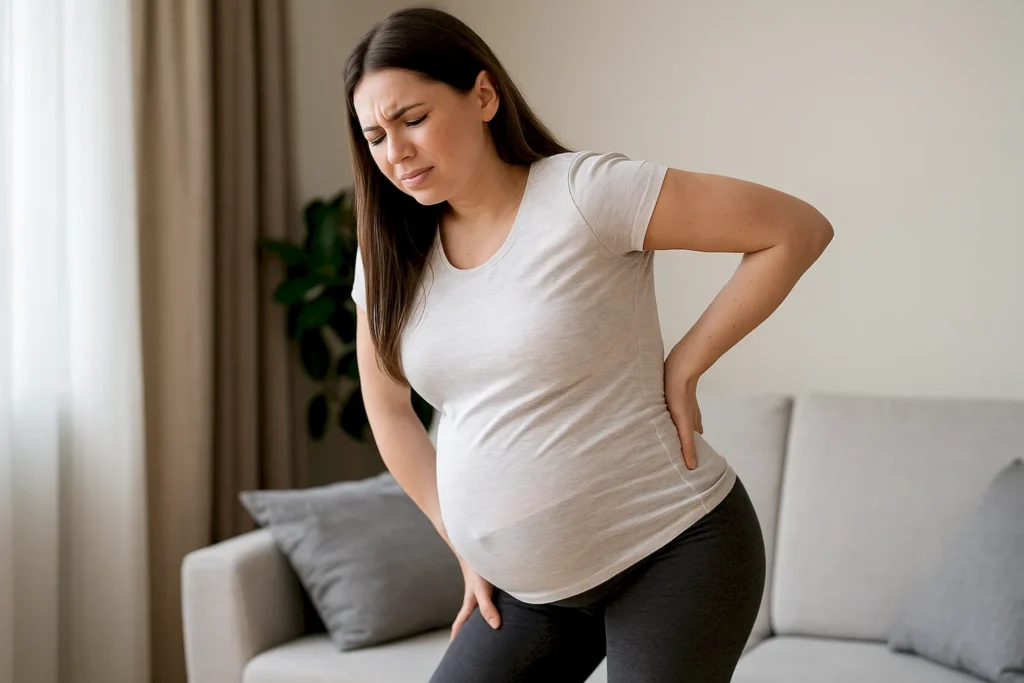
Effective Treatment Options For Hip Pain After Pregnancy
Managing hip pain after pregnancy can be challenging, but there are several effective treatment options available that can help alleviate discomfort. The pain may arise from various factors, including hormonal changes, weight gain, and the physical demands of caring for a newborn. Understanding these options is crucial for new mothers who are eager to return to their regular routines without the burden of persistent pain.
Before seeking treatment, it is advisable to consult with a healthcare professional who can provide personalized recommendations. Initial treatment often focuses on pain relief and includes approaches such as physical therapy, medication, and lifestyle adjustments. These methods can help in not only managing pain but also in strengthening the muscles around the hip joint, which is vital for long-term relief.
| Treatment Method | Description | Benefits |
|---|---|---|
| Physical Therapy | Customized exercises to improve mobility and strength. | Enhances physical function and reduces pain. |
| Medication | Over-the-counter pain relief options like ibuprofen. | Quick relief from pain and inflammation. |
| Ice Therapy | Applying ice packs to reduce swelling. | Alleviates pain and decreases inflammation. |
| Massage Therapy | Targeted soft tissue manipulation. | Promotes relaxation and increases blood flow. |
Steps To Manage Your Pain
- Consult with a healthcare provider for a tailored treatment plan.
- Engage in regular physical therapy sessions to build strength.
- Apply ice or heat to the affected area as needed.
- Incorporate gentle stretching and strengthening exercises into your routine.
- Consider over-the-counter medications for immediate relief.
- Utilize massage therapy for muscle relaxation.
- Monitor your posture while caring for your baby to avoid exacerbating pain.
In addition to these treatments, some women find relief through alternative therapies such as acupuncture or yoga. These practices not only provide physical relief but also foster mental well-being, which is equally important in the postpartum period. Paying attention to body mechanics during daily activities can also play a significant role in mitigating hip pain after pregnancy and should be an integral part of recovery strategies.
Tips For Preventing Hip Pain After Pregnancy
Stopping hip pain after pregnancy involves proactive strategies that can help maintain optimal hip health. Understanding these strategies can significantly reduce the chances of experiencing discomfort as your body adjusts post-delivery. Implementing proper care not only aids in physical recovery but also enhances overall well-being during this transitional phase.
Prevention Strategies
- Engage in gentle exercises such as walking or swimming to promote mobility.
- Practice proper body mechanics when lifting or carrying your baby to avoid undue strain.
- Incorporate stretching routines to maintain flexibility in your hip area.
- Use supportive pillows while resting or sleeping to align your hips properly.
- Consider pelvic floor exercises to strengthen surrounding muscles.
- Stay hydrated to support joint health throughout your recovery.
- Consult with a physical therapist for personalized exercise regimens.
It’s essential to listen to your body and adjust your activities accordingly. Rest is crucial in the postpartum phase, allowing your body to heal and regain strength. Moreover, practicing mindfulness in your daily movements can foster positive habits that protect your hip joints and surrounding muscles from future strain.
Taking proactive measures in the postpartum period can significantly decrease the risk of hip pain after pregnancy. A comprehensive approach that combines appropriate physical activity, ergonomic practices, and self-care routines will enable you to navigate recovery more effectively. For some women, especially those experiencing abdominal muscle separation or excess skin, exploring procedures like a Tummy Tuck After Pregnancy can also be part of their overall postpartum recovery plan. Embracing these strategies not only aids in alleviating discomfort but also supports your overall journey into motherhood.
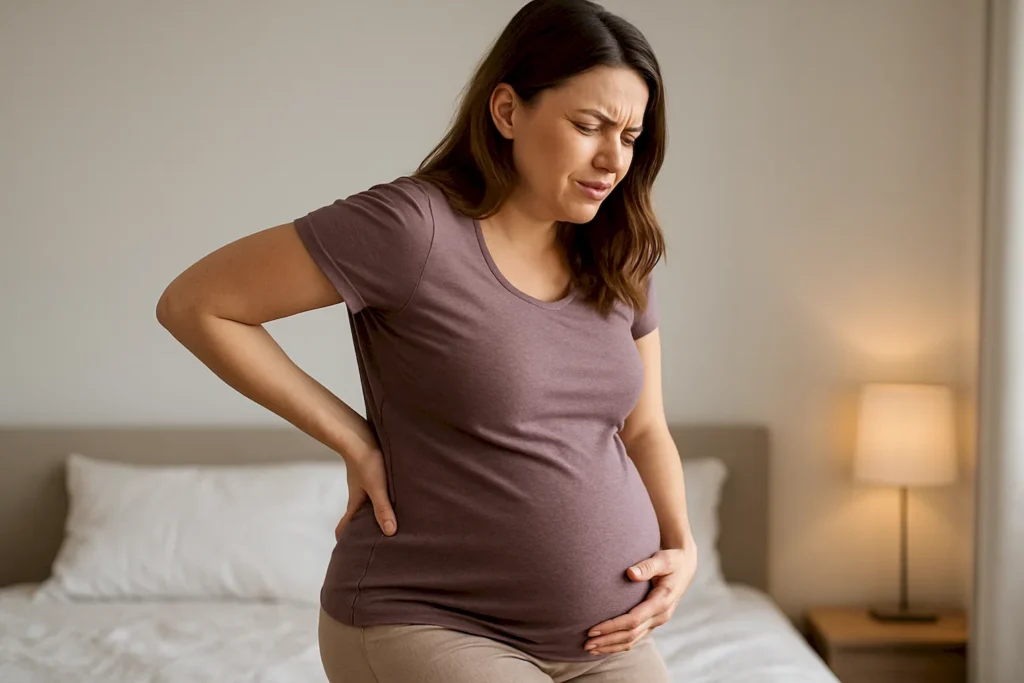
Key Takeaways On Managing Hip Pain After Pregnancy
Managing hip pain after pregnancy is crucial for new mothers seeking to reclaim their mobility and overall well-being. This pain often results from the physical changes that the body endures during pregnancy and childbirth, which can lead to joint misalignments and muscle imbalances. Recognizing these challenges can help in crafting an effective management plan that prioritizes recovery and strength-building.
Actionable Steps Forward
- Consult with a healthcare provider to assess the extent of your hip pain.
- Incorporate gentle stretching and strengthening exercises tailored for postpartum recovery.
- Prioritize rest and avoid overexertion to allow your body to heal.
- Consider engaging in physical therapy for personalized rehabilitation strategies.
- Use supportive devices, such as braces or wraps, if recommended by a professional.
- Maintain a healthy weight to reduce stress on your hips.
- Seek support from friends, family, or support groups to discuss your experiences and concerns.
By following these steps, new mothers can actively participate in their recovery journey while managing their hip pain after pregnancy. Remember, it’s essential to listen to your body and modify activities as needed. Seeking professional guidance will ensure that the path taken is both effective and safe, paving the way for a smoother postpartum experience and a return to the activities you love.
